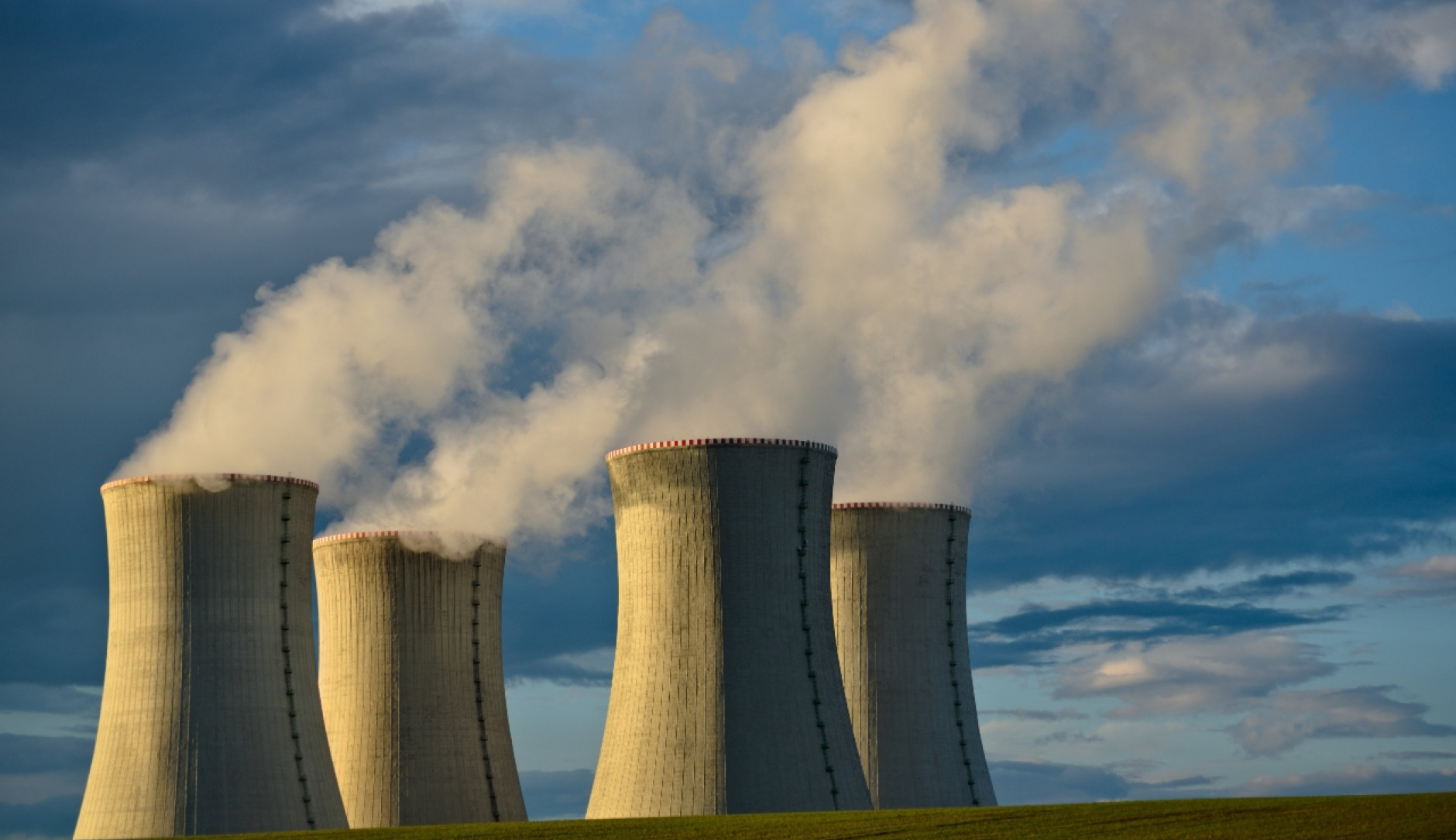How Volt Slovenia would have voted in the referendum on Krško 2 - Position
Slovenia needs a second nuclear power plant for our country’s energy autonomy. But also more transparency.

On November 24th, citizens of Slovenia were supposed to decide in a referendum on a second nuclear power plant Krško 2 (JEK2). However, after revelations that the cost of the project was still unknown and support waning by fear of another corruption-plagued project like TEŠ6, GS, SD and SDS retreated from holding a referendum. While embarrassing, Slovenia at least avoided building a power plant and then losing a referendum to activate it, like Austria did with its Zwentendorf power plant in 1978. The situation shows that nuclear energy still today remains a complex topic that makes rubber stamping a project via a referendum a risky endeavor. Why not justify it by making a solid case for its need and demonstrating financial prudence and transparency instead?
We need another nuclear power plant
Volt Slovenia supports the use of nuclear energy for peaceful purposes and welcomed the resolution "Nuclear energy for the future of Slovenia” on the long-term peaceful use of nuclear energy in Slovenia, accepted by the Slovenian Parliament on May 28th 2024. After the disasters in Černobyl and Fukushima, nuclear energy became unpopular in the public opinion resulting in premature closings of many reactors in Germany. However, JEK has been in commercial operation since 1983 and demonstrated that if safety risks are lowered to a neglectable level, nuclear energy is among the cheapest and most reliable sources of energy with a low carbon footprint and impact on the environment. Volt’s joint position across all EU member states therefore supports nuclear energy as stable energy source in a mix with renewables, whose expansion will help to meet both short-term and peak demand at more affordable cost for consumers (nuclear 70-100€/kwh, coal 110-200€/kwh, wind 40-120€/kwh, solar 30-60€/kwh). With electricity demand increasing by 7% per year in Europe, the construction of a second nuclear plant to complement and eventually replace JEK scheduled to run until 2043 should therefore be obvious in order to ensure stable electricity supply and Slovenia’s long term energy autonomy.
How about European cooperation to ensure transparency?
Volt also believes we do not need to build JEK2 alone. Even without corruption and assuming known investment cost, this power plant will be an expensive project and a burden for Slovenian finances and households for years to come. Why not recall how JEK was built in 1975? It was co-financed in equal parts by Croatia and Slovenia who both receive 50% of generated electricity. Volt believes that we must learn from best practices and that we need to work across borders - not only for energy security - to find solutions to our common challenges. JEK is an example of successful cross-border cooperation from Yugoslavia. JEK2 can be an example for successful cross-border cooperation in the European Union. We also believe in free markets and would therefore welcome private investors alongside Slovenian and Croatian public utilities co-financing the JEK2 nuclear power plant. It would reduce the price-tag for Slovenian households and add stakeholders with incentives to limit corruption and mismanagement.
A popular vote instead of taking responsibility?
Finally, we are doubtful that holding a referendum on such a complex and emotionally preloaded topic with potentially long-lasting implications on the future energy security of Slovenia is a responsible choice of our political parties. They have been elected to represent the people and should be trusted to make these types of decisions - which they already did with the “Nuclear energy for the future of Slovenia” resolution. Holding a referendum on “faits accomplis” is therefore pointless for Volt Slovenia and should not exempt our government from finding a way to both shoulder and control the potential investment.
For Volt Slovenia, JEK2 therefore is an opportunity to show how European cross-border cooperation can help share cost, benefits and oversight over a project we consider essential for Slovenia’s future energy security.